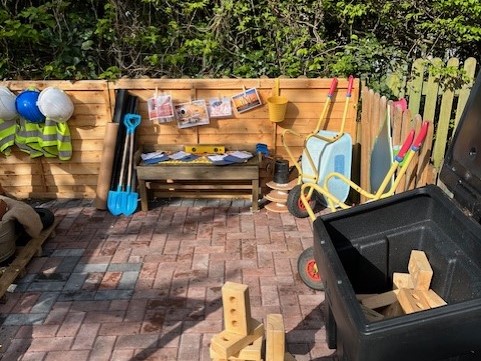Lithium-ion or li-ion rechargeable batteries are used in many households products including e-bikes and scooters, laptops, mobile phones and vapes. Sadly, these batteries are increasingly linked to serious house fires and fatalities. They can store an enormous amount of energy in a very small space, leading to risks of rapidly developing fires and explosions when not stored and charged safely.
Protect your home with these battery safety guidelines from the National Fire Chiefs Council:
- Always buy electrical goods from a reputable retailer as often these fires involve counterfeit goods. Check if a product has been recalled for safety reasons online at Electrical Safety First or on Gov.uk.
- Always use the charger supplied by the manufacturer and follow their instructions about charge times. When you've finished charging, unplug. If you spot damage or wear and tear, buy an official replacement charger from a reputable seller.
- Never cover chargers or battery packs as this may lead to overheating or a fire. And keep them away from anything that could catch fire.
- Charge as far away as possible from the escape route out of your home (e.g. your front door) and in a room where no one sleeps. Keep the door closed.
- Make sure you have working smoke alarms, or heat alarms if you are storing in a garage or kitchen.
- Charge batteries while you are awake and alert, so you can respond quickly in the event of a fire. Don't charge batteries while you are asleep or away.
- Defects, physical damage, overcharging and storing batteries in excessively hot or cold areas can all increase the risk of fire.
- Batteries should not be thrown away in normal household waste or recycling. Most local councils now offer a dedicated battery recycling service.
- In the event of an e-bike, e-scooter or other lithium-ion battery fire, do not attempt to extinguish the fire! Get out, stay out, call 999.
For more advice about general electrical and battery safety in your home and preventing electrical fires, visit the Electrical Safety First website.
Read more about our commitment to fire safety.








